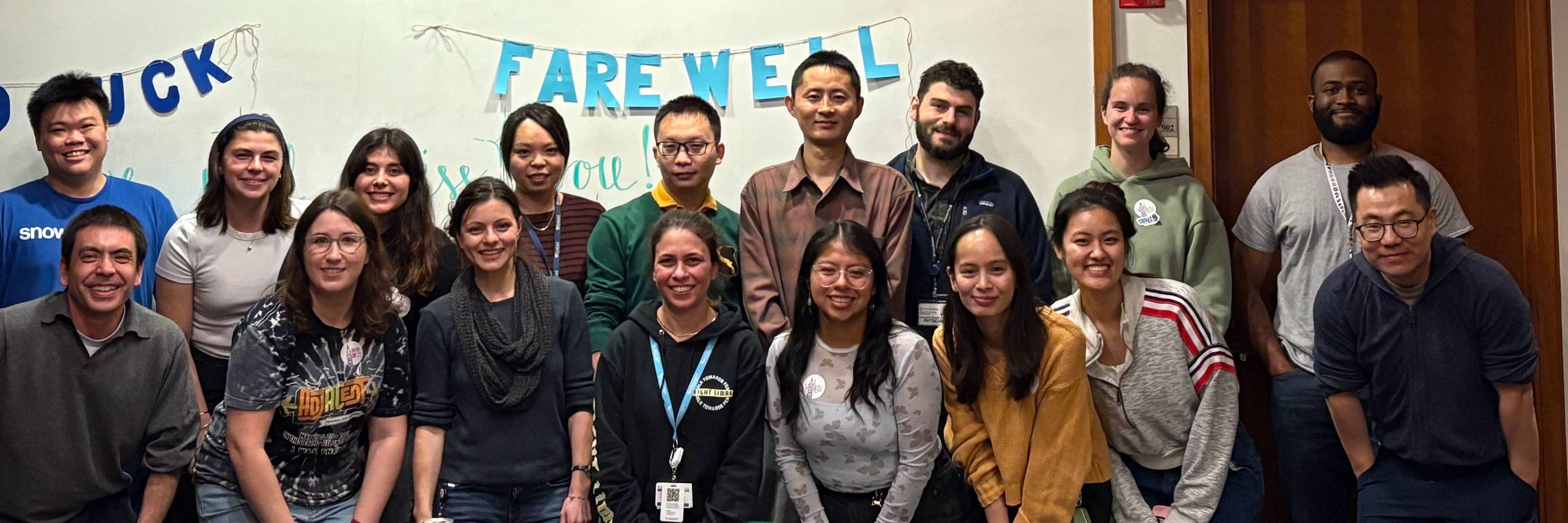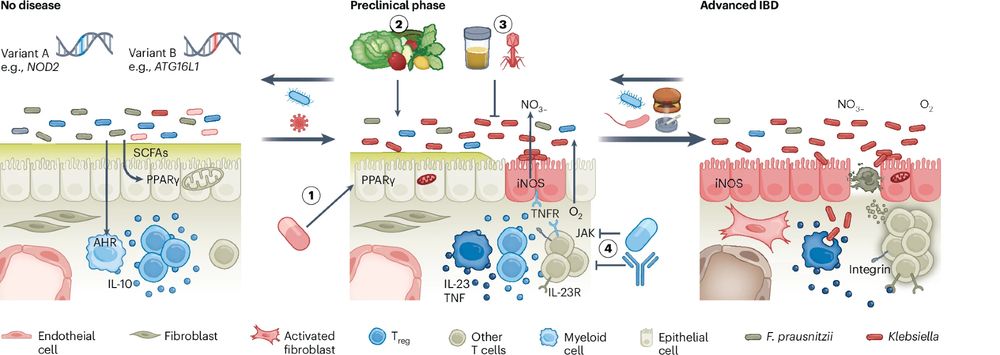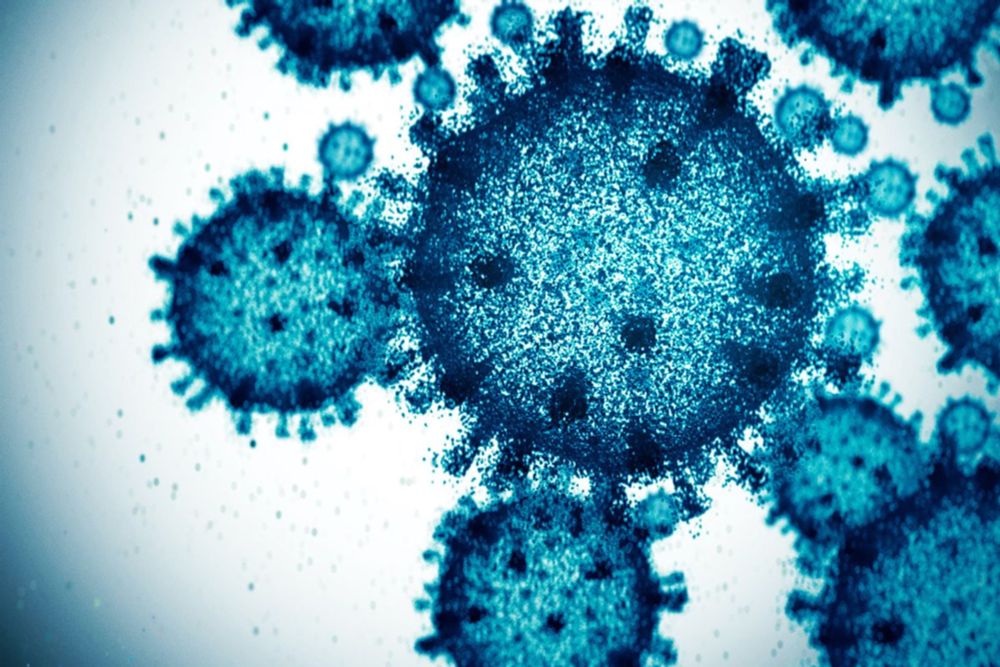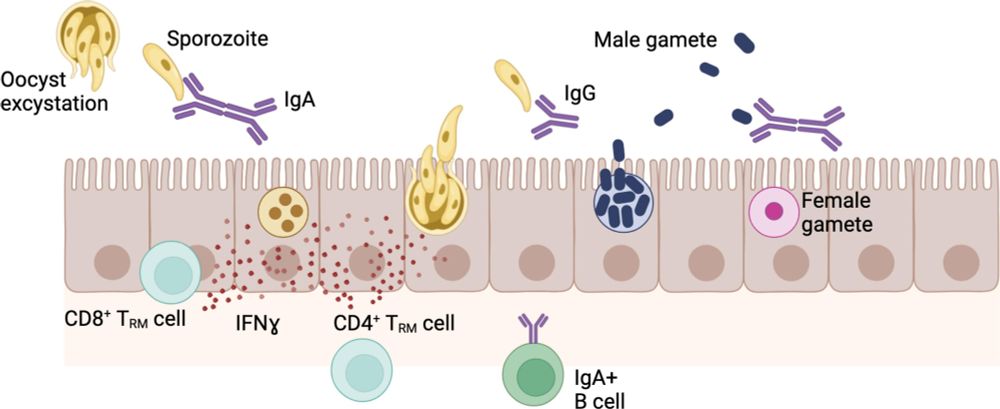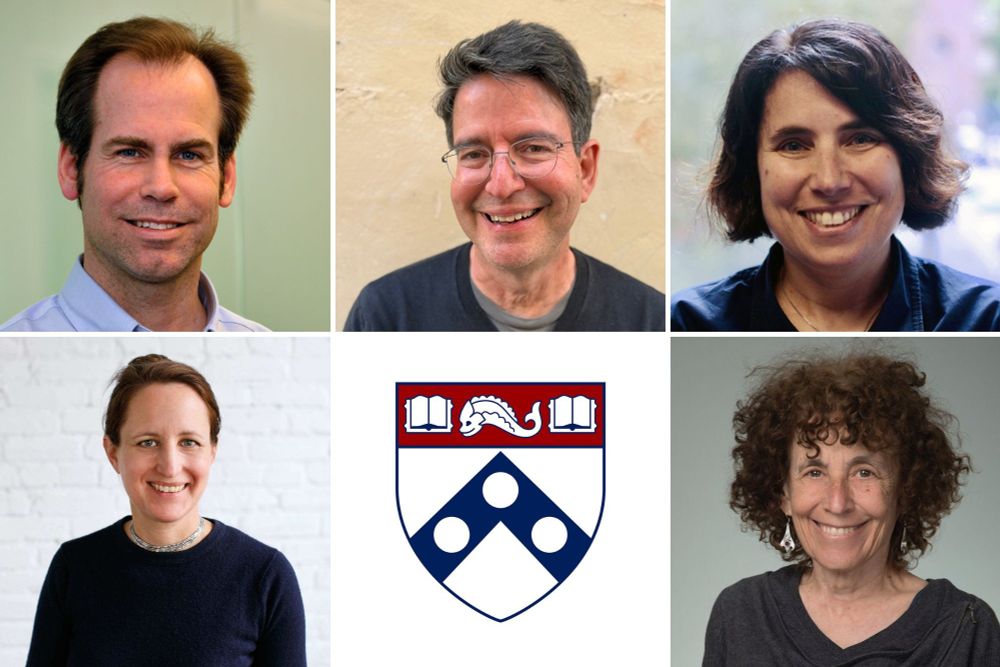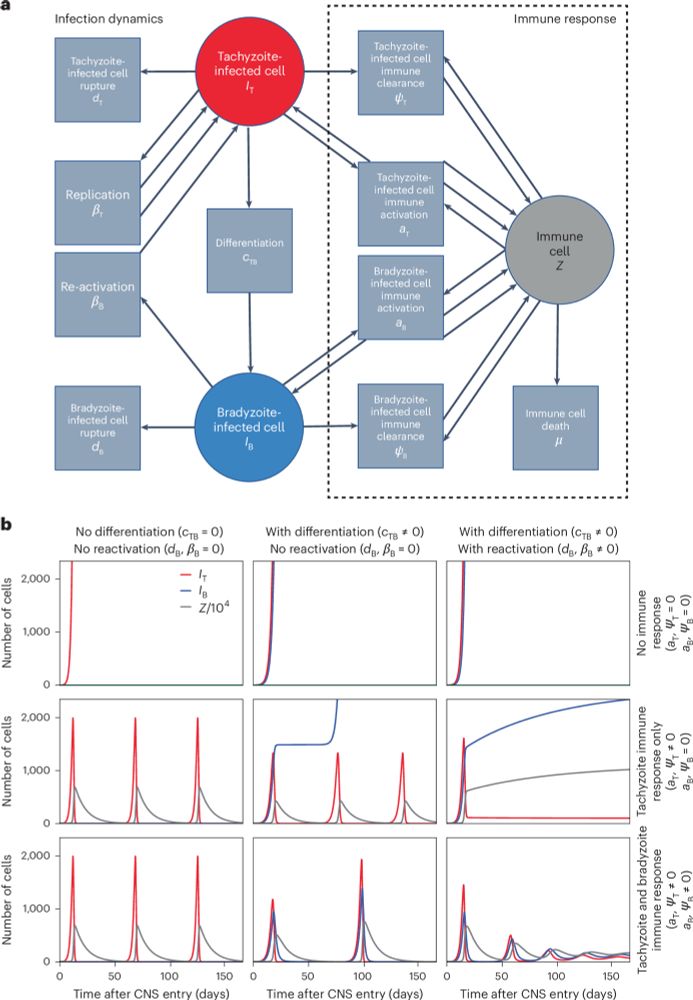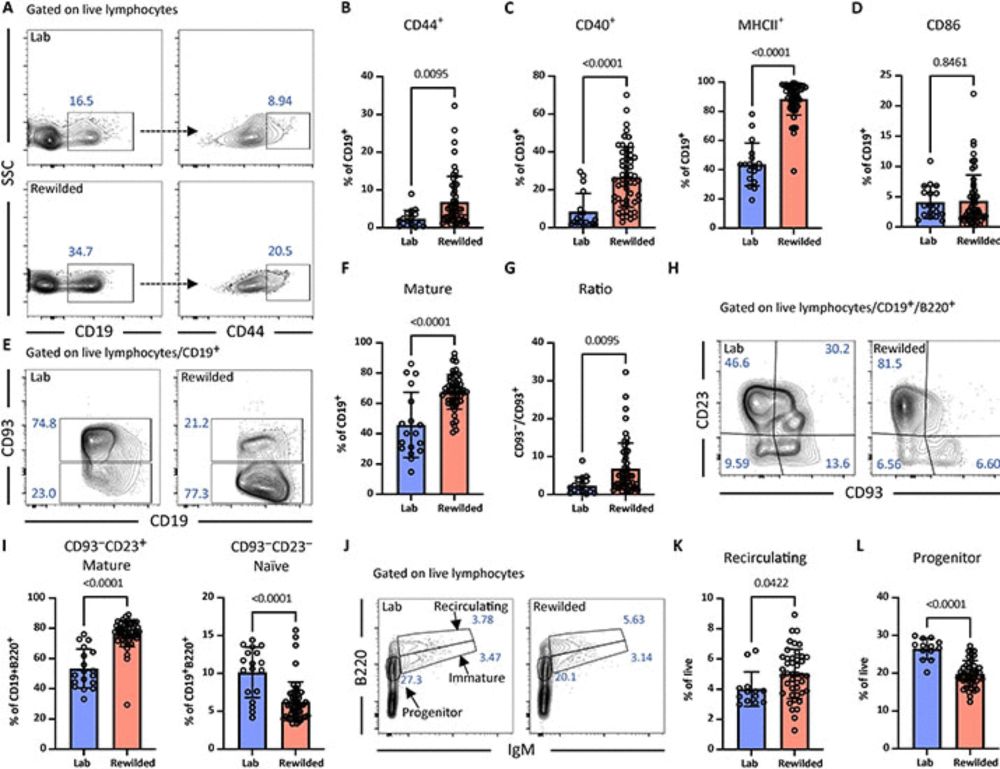Cadwell Lab
@cadwelllab.bsky.social
830 followers
260 following
25 posts
We investigate the interface between the immune system and diverse infectious agents ranging from friendly gut microbes and viruses to disease-causing parasites
Our Lab: https://www.med.upenn.edu/cadwell-lab/
Posts
Media
Videos
Starter Packs
Reposted by Cadwell Lab
Cadwell Lab
@cadwelllab.bsky.social
· Jun 27
Cadwell Lab
@cadwelllab.bsky.social
· Jun 27
Cadwell Lab
@cadwelllab.bsky.social
· Jun 27
Cadwell Lab
@cadwelllab.bsky.social
· Jun 27
Cadwell Lab
@cadwelllab.bsky.social
· Jun 27
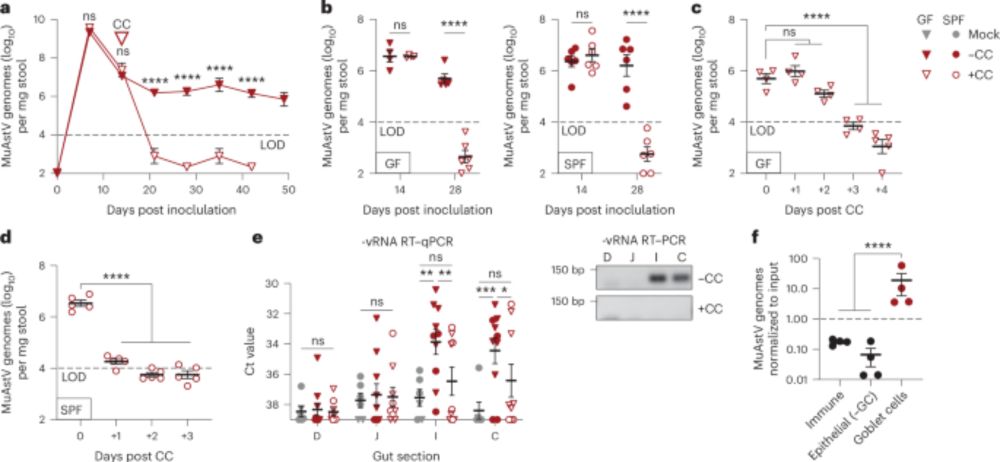
Environmental stress drives clearance of a persistent enteric virus in mice - Nature Microbiology
Cage change of mice with persistent murine astrovirus infection triggers stress responses marked by corticosterone fluctuation, which is followed by CD8 T cell activation and induction of epithelial a...
www.nature.com
Reposted by Cadwell Lab
Cadwell Lab
@cadwelllab.bsky.social
· Jun 26
Cadwell Lab
@cadwelllab.bsky.social
· Jun 26
Ivan Zanoni
@lozanzi.bsky.social
· Jun 26
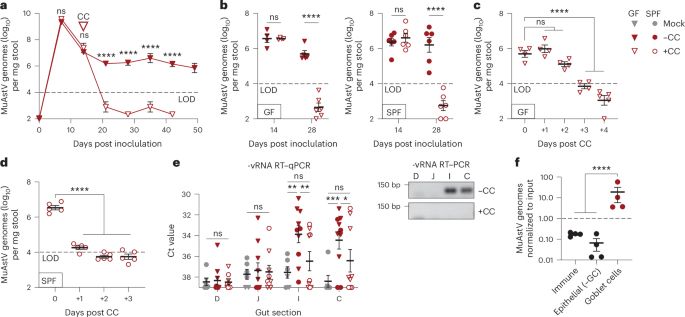
Environmental stress drives clearance of a persistent enteric virus in mice - Nature Microbiology
Cage change of mice with persistent murine astrovirus infection triggers stress responses marked by corticosterone fluctuation, which is followed by CD8 T cell activation and induction of epithelial a...
www.nature.com
Reposted by Cadwell Lab
Cadwell Lab
@cadwelllab.bsky.social
· May 17
Cadwell Lab
@cadwelllab.bsky.social
· May 17
Cadwell Lab
@cadwelllab.bsky.social
· May 17
Reposted by Cadwell Lab
Cadwell Lab
@cadwelllab.bsky.social
· Apr 30
Reposted by Cadwell Lab
Rita Strack
@ritastrack.bsky.social
· Apr 10
Reposted by Cadwell Lab
Carl Zimmer
@carlzimmer.com
· Apr 5
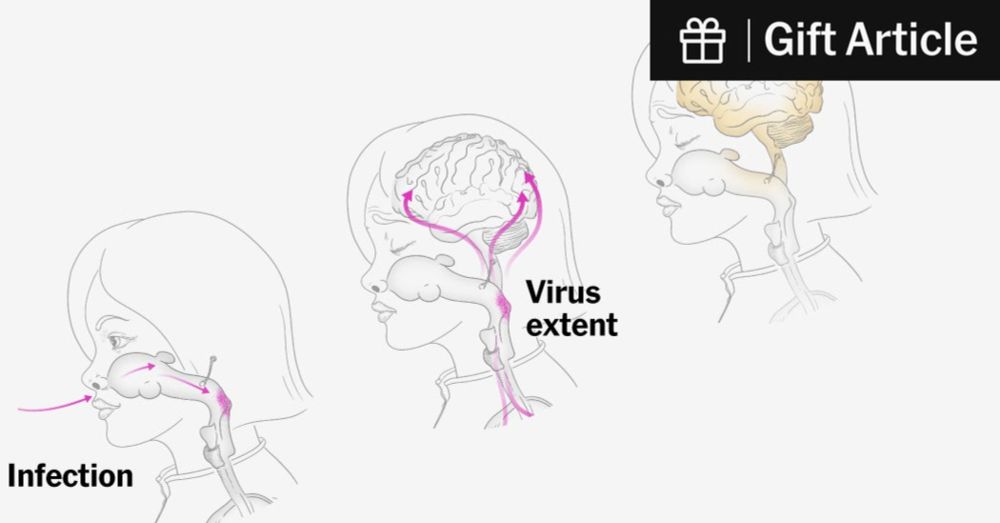
How Measles Attacks an Unvaccinated Child (Gift Article)
With falling vaccination rates and outbreaks that have caused more than 580 U.S. cases and at least one death, health experts expect hundreds or even thousands more to be infected in the coming months...
www.nytimes.com
Reposted by Cadwell Lab
Cadwell Lab
@cadwelllab.bsky.social
· Mar 22
Reposted by Cadwell Lab
Alec Downie
@aedownie.bsky.social
· Mar 16
